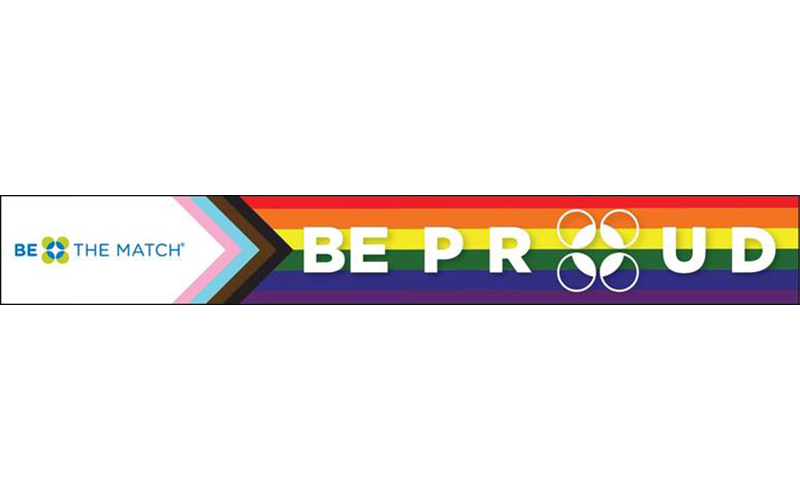
People ages 18 – 44 are encouraged to join the marrow donation registry—there is no cost to join. To join, it’s a quick and easy cheek swab, and if you’re ever contacted to donate, 80% of transplants are done via peripheral blood stem cells which is like donating plasma. The other 20% is obtained from marrow extraction under either regional or general anesthesia.
Improving the ethnic diversity of the registry improves all patients’ odds of finding a life-saving match, regardless of their ethnic background. Adding more potential donors and cord blood units to increase the ethnic diversity of the registry remains an important focus for Be The Match®.
- 1 in 430 U.S. registry members will go on to donate.
- Donors never pay for donating, and are never paid to donate.
- The amount of cells donated will not weaken your immune system.
- Most donors are back to their usual routine in a few days. Your marrow naturally replaces itself within 4 – 6 weeks.
- 70% of patients do not have a matching donor in their family.
- Adding more registry members who increase the ethnic diversity of the registry increases the variety of tissue types available, helping more patients find the match they need. Likelihood of finding a matched available adult donor by patient ethnic background:
African American or Black—23%
American Indian or Alaska Native—57%
Asian or Pacific Islander—41%
Hispanic or Latino—46%
White—77%
Mixed ethnicity is often even a lower chance, but no statistic is available - Members of the LGBTQ+ community CAN join the registry and donate.
Learn more about joining the bone marrow registry.
When a baby’s cord blood is donated to a public cord blood bank after the birth, that gift delivers hope to patients in need of transplant and gives them a second chance at life. Learn more about donating cord blood.


Question: can you donate if you have afib ot if you arepast 70. I’ve had trouble in the past. My doctor did not seem to think it should be a priblem
Thank you for your question! Unfortunately, it looks like the guidelines for donation outline that participants need to be between the ages of 18 and 44. If you’d like to read more, you can visit their website at this address.